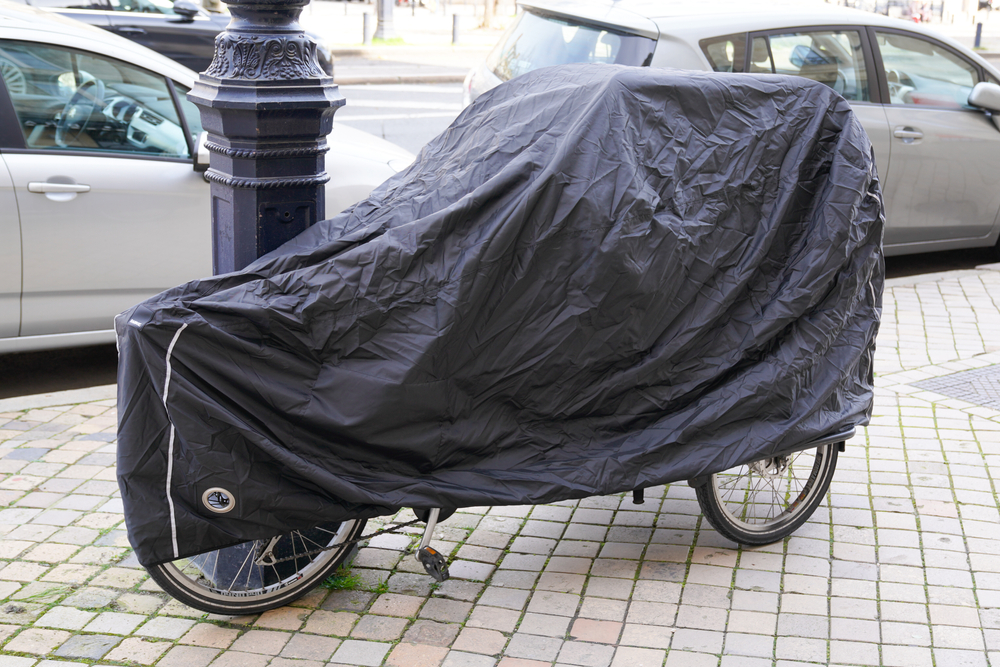How Many Carbs in Bourbon
How Many Carbs In Bourbon
Bourbon is a popular type of American whiskey. It has a rich history and a distinct, sweet flavor. Many people enjoy it neat, on the rocks, or as part of a cocktail. However, if you are watching your carbohydrate intake, you might wonder how many carbs are in bourbon.
Understanding Bourbon
Bourbon is made primarily from corn, which must make up at least 51% of the grain mixture. The rest can be a mix of barley, rye, and wheat. The distilled alcohol is aged in new, charred oak barrels. This process gives bourbon its unique flavor.
Carbohydrate Content in Bourbon
The fermentation process converts most of the sugars in the grains into alcohol. The distillation process removes nearly all remaining carbohydrates. As a result, straight bourbon typically contains no carbohydrates.
According to the U.S. Department of Agriculture (USDA) National Nutrient Database, a standard serving of bourbon (1.5 ounces) contains:
- 0 grams of carbohydrates
- 0 grams of fats
- 0 grams of protein
- Approximately 97 calories
This makes bourbon a carb-free alcoholic option. It’s worth noting that while bourbon itself contains no carbs, mixers or ingredients in cocktails can add carbohydrates.
Common Bourbon Cocktails
Bourbon is a versatile ingredient in many cocktails. Some popular options include:
- Old Fashioned
- Mint Julep
- Manhattan
- Boulevardier
- Whiskey Sour
Old Fashioned
The classic Old Fashioned typically includes bourbon, a sugar cube, a few dashes of bitters, and a twist of citrus. The sugar cube adds about 4 grams of carbohydrates.
Mint Julep
A Mint Julep is made with bourbon, mint leaves, a teaspoon of powdered sugar, and water. The sugar adds roughly 4 grams of carbohydrates.
Manhattan
The Manhattan, a popular bourbon cocktail, includes sweet vermouth, which significantly increases the carbohydrate count. An ounce of sweet vermouth has about 4 grams of carbohydrates.
Boulevardier
A Boulevardier consists of bourbon, sweet vermouth, and Campari. Campari adds a small amount of carbs. The sweet vermouth remains a significant source of carbohydrates in this cocktail.
Whiskey Sour
The Whiskey Sour includes bourbon, lemon juice, and simple syrup. The simple syrup is a major carbohydrate contributor, with each teaspoon of sugar adding about 4 grams of carbohydrates.
Managing Carbohydrate Intake
If you are counting carbs, be cautious with cocktails. Opt for straight bourbon or mix it with carb-free options like soda water. Experiment with low-carb sweeteners for homemade cocktails.
Health Considerations
Strictly monitored carb intake is often associated with diets like keto or low-carb regimens. Bourbon, being carb-free, aligns well with these dietary preferences. However, moderation is key. Alcohol can impact metabolism and inhibit weight loss. Always drink responsibly and consider overall caloric intake.
Other Nutritional Aspects
While bourbon is free from carbs, it’s not devoid of calories. One 1.5-ounce serving has around 97 calories. These are empty calories, meaning they provide no vitamins, minerals, or nutrients. Overconsumption can contribute to weight gain despite the lack of carbs.
Labeling and Serving Sizes
Check labels when buying bourbon. Some brands may add flavoring agents or caramel color, which can introduce trace amounts of carbs. A standard serving size is important to track. Excessive consumption can sneak in more calories, affecting diet goals.
Bourbon vs. Other Alcoholic Beverages
Compared to other spirits like vodka, gin, and tequila, bourbon’s carb content is similarly negligible. Beer and wine, however, usually contain more carbs. For instance, a 12-ounce beer can have up to 12 grams of carbs, and a 5-ounce glass of wine typically has around 4 grams of carbs.
Practical Tips
- Read ingredient lists for pre-mixed drinks.
- Stick to standard serving sizes.
- Use low-carb mixers (soda water, diet tonics).
- Try bourbon neat or on the rocks for a carb-free option.
- Experiment with low-carb sweeteners for homemade cocktails.
Understanding the carb content in bourbon and how it affects your diet can help you make informed choices. Enjoy bourbon in moderation and be mindful of additional ingredients in cocktails.

